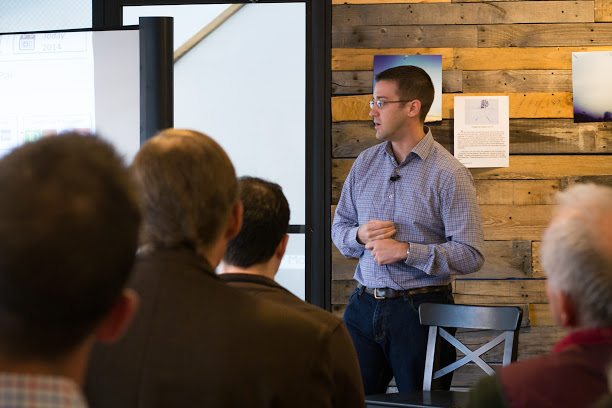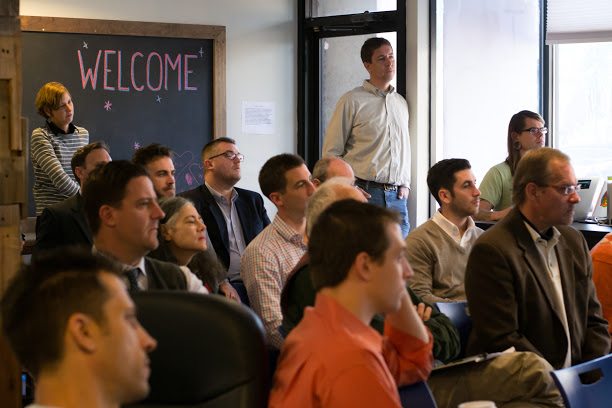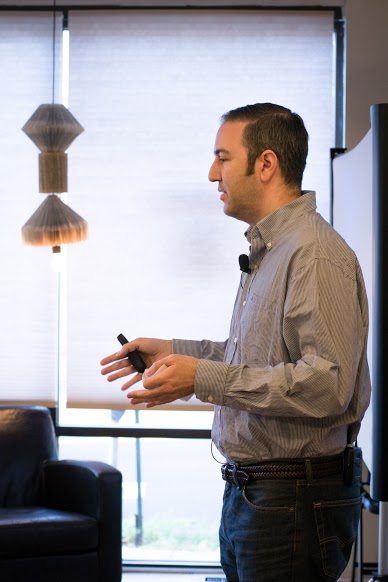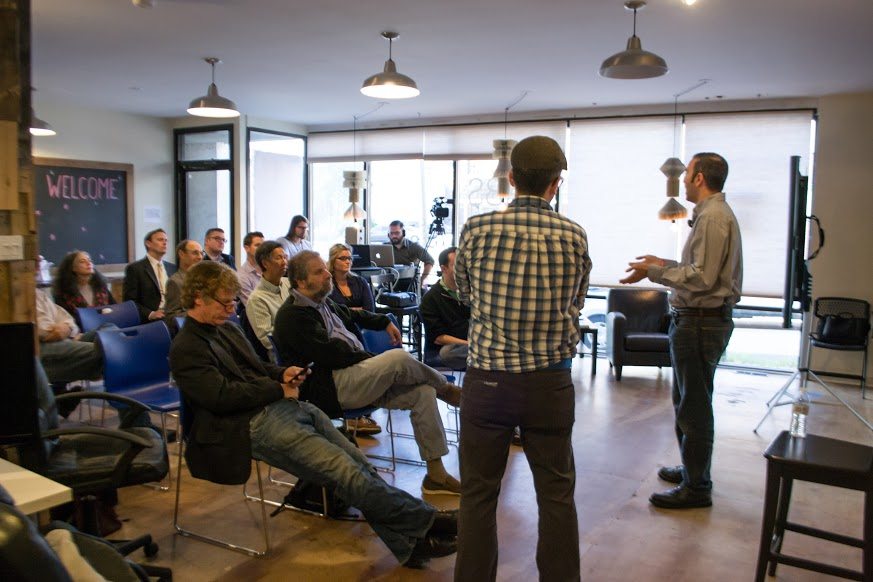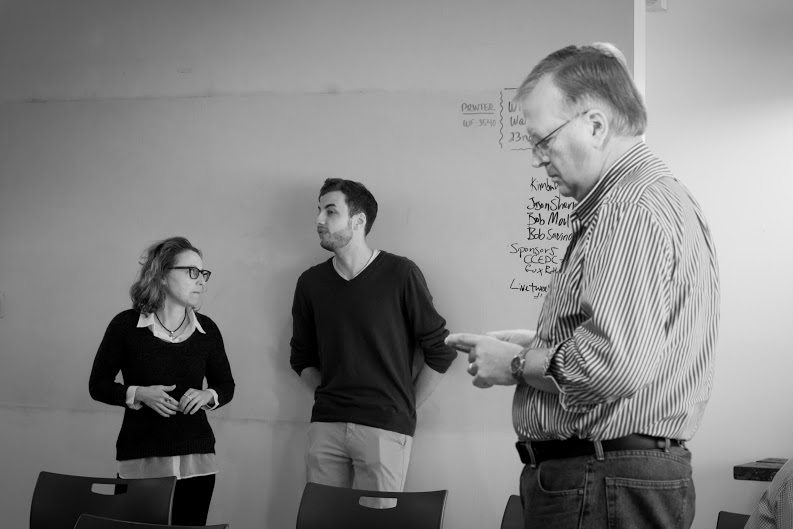“Its a pleasure to talk to business people and entrepreneurs in my home town. I’ve been in West Chester for 30-some years. I went to West Chester University. Its great to see my name out on a sign again. The last time I had my name on a sign in West Chester I was playing guitar at one of the places around the corner.”
— Michael Phelan, Venture Partner at OsageVP & Founding CEO of SevOne
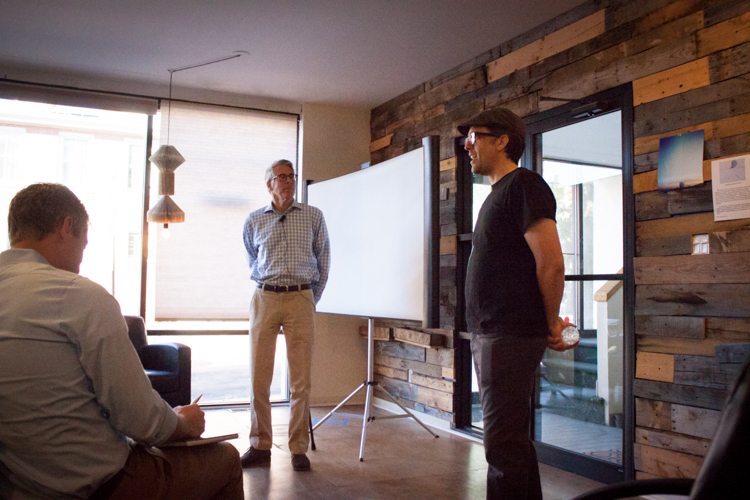
“I’ve built about four or five companies. A couple of them really worked. My wife keeps track of the ones that didn’t work, and we can share those details because there are a lot lessons you can learn from the ones that don’t work. I call them ‘failure to launch’ or ‘failure to reach escape velocity’.”
— Michael Phelan, Venture Partner at OsageVP & Founding CEO of SevOne
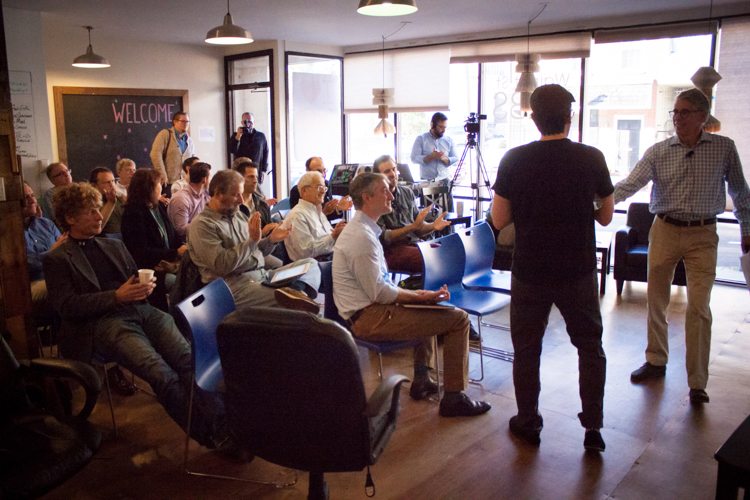
“I went to West Chester University and barely graduated. Im not a student. I was actually a run away kid that dropped out of high school and later went back to school. But, I was always fixing things. I learned to fix cars and motorcycles when I was younger. So, I paid my own way through West Chester (University) with a business I called ‘Primarily Porsche’. I learned later that I wasn’t really primarily porsches that I serviced. I serviced one Porsche, but I did primarily VWs. But I liked calling it ‘Primarily Porsche’.”
— Michael Phelan, Venture Partner at OsageVP & Founding CEO of SevOne
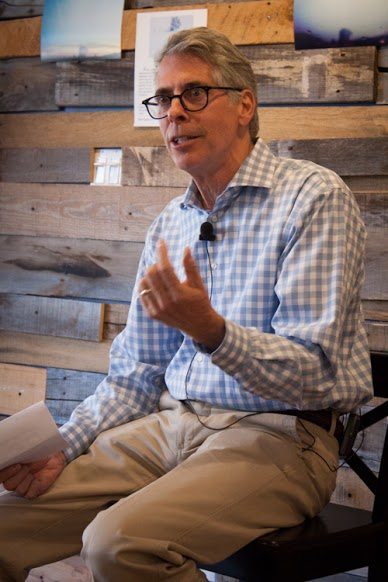
“My Father was in technical sales, and my Grandfather started a patent firm in Philadelphia. The research that he did was all around communications patents, so I was around technology for a long time. I got a job working for a technology company called Shared Medical Systems, which is now Siemens. I worked with three other tech companies for the next six or seven years. Most of them I ran right here, in West Chester. I ran the first Artificial Intelligence Graphic Imagining company, a few blocks away from here called Symbolics. I was selling products to DuPont and Boeing, and other businesses that were doing things like flight simulation or molecular modeling.”
— Michael Phelan, Venture Partner at OsageVP & Founding CEO of SevOne

“I learned something about selling to enterprises over that span of time, but I also learned that no matter how good of a job I did, I was looking for a new job in two years. I realized this wave of technology that I jumped on was almost over. By the time I got on, my customers were telling me they were going to start looking in a different area.”
— Michael Phelan, Venture Partner at OsageVP & Founding CEO of SevOne
“It was like being a surfer. I created my own business more for job security after ten years of constantly wondering to myself, ‘when does this wave start, so I don’t hit the beach?” I decided to start my first tech company called StoreNet and it was a storage and networking solutions company, and again, I started it out of West Chester.”
— Michael Phelan, Venture Partner at OsageVP & Founding CEO of SevOne
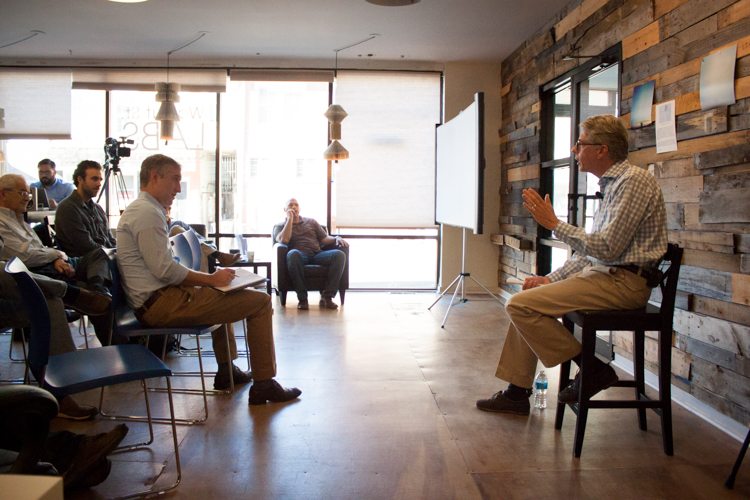
“When I worked for other companies selling software, you couldn’t sell them just your product you had to put a team together and put bids in to get projects. I realized there was an opportunity to align myself with my customers rather the products because the products kept hitting the beach.”
— Michael Phelan, Venture Partner at OsageVP & Founding CEO of SevOne

“How do you put the gas on when your working for projects? How do you build a business? My main problem was, ‘How do I scale this?’ What are the main things that I need to grow? I realized I had two kinds of people. I called them CSGs and RMs; Certified Smart Guy and Rain Makers. A Certified Smart Guy was the engineer, had to the smartest person in the room and knew how to put all this stuff together that I needed to be technically produced. I also needed a Rain Maker, a sales person. Someone who could turn other peoples money into our money and was good at it … So I wrote a really concise paragraph of who are the RainMakers and what do they want.”
— Michael Phelan, Venture Partner at OsageVP & Founding CEO of SevOne

“We were too small to be able to train people from scratch. They had to know how to do this (job) already. The RainMakers had to be known as the very best Sales Reps from other companies and had previous experience with something that was performed on them regularly. I referred to it as a ‘surgical procedure’, or a ‘Commissionectomy’; an organization would remove their Sales Rep’s commission from a big deal. The Sales Rep would sell a multimillion dollar account and their Sales Manager or the VP of Sales would come to them and say,’you were supposed to get 3% or 4% commission on this but (because of x,y or z) we’re going to do something else’.”
— Michael Phelan, Venture Partner at OsageVP & Founding CEO of SevOne
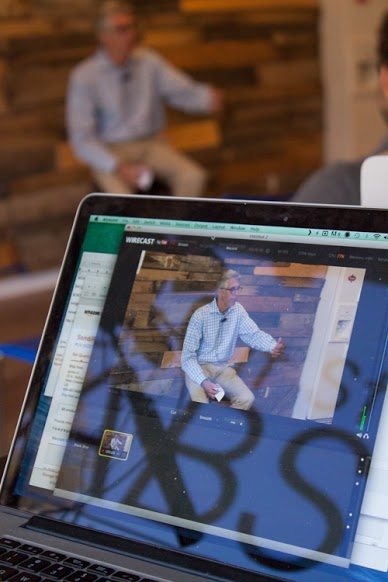
“These Sales Reps had already put the sale into their emotional bank and had it yanked away from them.I chose to honor my commitment to my RainMakers and not change the game on them to make a quick buck. The same was true with my customers. We decided to do what we said we were going to do. And, if there was a problem and something happened, we were gonna be transparent with our customers and with the people that are helping us build something, our employees.”
— Michael Phelan, Venture Partner at OsageVP & Founding CEO of SevOne

“My main job for ten years was finding CSGs and RMs. I would usually find the RainMaker first and I would show him/her the template that had succeeded before … I showed them that they could grow their career in an environment with me, as a partner, instead of at these big companies where they were being sabotaged”
— Michael Phelan, Venture Partner at OsageVP & Founding CEO of SevOne

“The company (StorNet) kept on growing. It grew to an 80 million dollar company out of West Chester. It was profitable every year and every quarter. I think we rode a much bigger wave than the waves I mentioned before because we aligned ourselves with our customers this time. The wave lasted over ten years.”
— Michael Phelan, Venture Partner at OsageVP & Founding CEO of SevOne
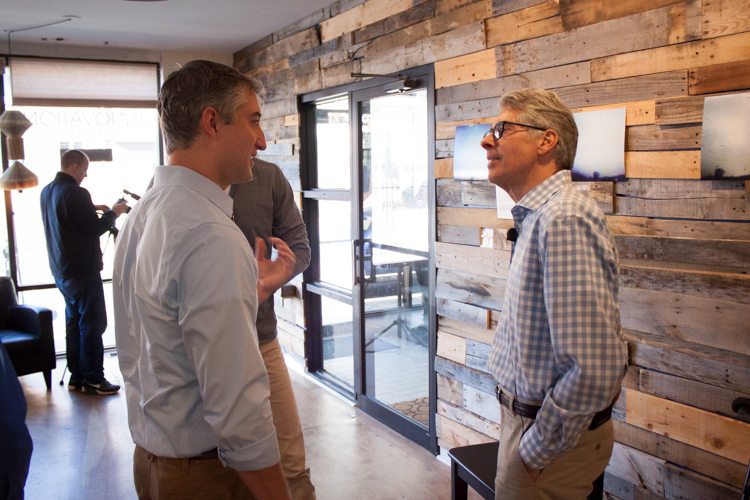
“I ended up working for them as a CEO and as what private equity firms call, Operators. You’re a CEO but you’re really working for them. You’re not an entrepreneur, and I hated it. There was nothing joyful about it. After five years of working for other people I started looking for other (entrepreneurial) opportunities.”
— Michael Phelan, Venture Partner at OsageVP & Founding CEO of SevOne
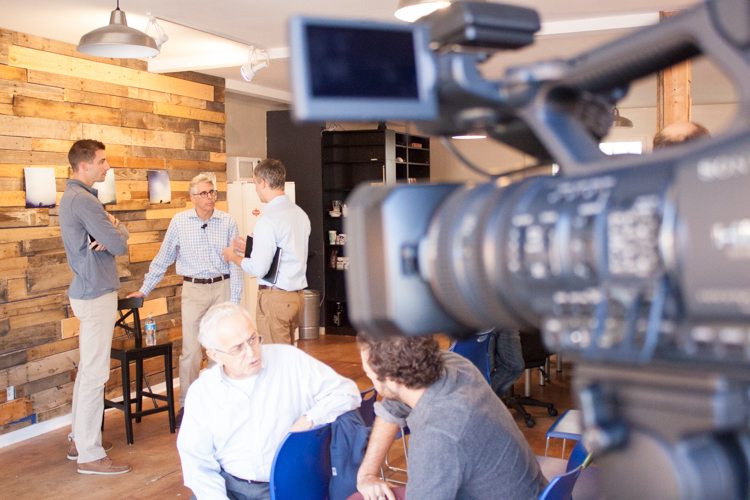
“The next time around (SevOne), we had enough money to launch the business, but in my mind I didn’t want to repeat the mistake I made with the first company by preventing the institutional money from coming in. Although I was proud of bootstrapping at first, I later realized that I needed some help with scaling, so this time I decided to bring in institutional money. I went to five friends … that had been entrepreneurs, showed them what I was doing and found five people to give me 100k in. I had a half a million dollars, then I went to VC people. I already had something lined because when you go to them and you have nothing, then they dictate the terms.”
— Michael Phelan, Venture Partner at OsageVP & Founding CEO of SevOne

“SevOne was a managing infrastructure company for enterprises and service providers. It was like putting a speedometer on anything that data flows through. In fact, now if you use any Apple products or Google products our product is embedded in it. We are also responsible for part of Comcast’s infrastructure. It tells them where things are slowing down, before you realize you have a problem. Its a speedometer with an audit trail that tracks everything, and we had a very elegant way of doing it. This year it will do 65 million dollars in sales.”
— Michael Phelan, Venture Partner at OsageVP & Founding CEO of SevOne
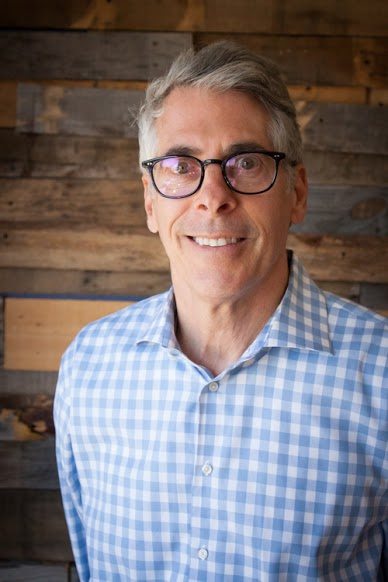
“For me, it wasn’t about making money because our business was making money already. It was about, ‘Who can I bring in that can help with the strategy and the team? Who do I want to hang out with?’ It was the same criteria as before (w/ StorNet & SevOne), and I really like the guys at Osage. I said to myself, ‘These guys are passionate about what they do and love entrepreneurship’. ”
— Michael Phelan, Venture Partner at OsageVP & Founding CEO of SevOne
